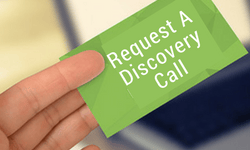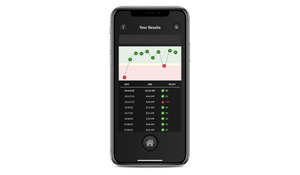Recently I visited one of our customer companies and began talking with a long-time employee. She was telling me about the random drug testing that they used to do, and how the mood of the building always turned flat when the “UA lady” showed up.
“They give you this little cup, and you have to stand in line with the rest of the “lottery” to use the bathroom, and you aren’t allowed to leave the line,” she said. “For all the other things our company did to communicate that they cared about us, this always put a separation between us and management.”
We don’t advocate that companies abandon their drug testing programs, and we certainly understand a no-tolerance drug policy. It’s up to a company to decide if they want to make an impairment test an addition to their drug testing policy, or an alternative. We don’t decide for them, because we don’t know their company the way they do.
But we do know that managing impairment issues is about a lot more than illicit behavior and punitive actions. No one should be intoxicated when they show up for work, but that condition is hardly the only cognitive impairment issue that causes a safety risk. There are plenty of people who are dangerously tired, upset to the point of distraction, or unintentionally foggy because of prescription medications or illnesses that cause dangerous conditions at work.
None of us are immune to the things that occur outside of the workplace. We’ve all experienced the struggle to stay focused on the task at hand or had to work to maintain our composure. There’s a lot of life going on outside of the workplace, and you can’t turn off the effects when you walk into work.
And while employees might not always be aware of how these things play out at work, I’ve heard from plenty of management teams who use the AlertMeter as an impairment test program who now have the chance to make their workplaces safer. Employees who are identified as struggling with focus and alertness might be re-tasked to safer job duties, or they’re allowed a short break to make a call to deal with a family issue, or they take an earlier lunch break because they haven't eaten all day; they are seen as human beings instead of just employees, and supervisors get a chance to treat them with respect and acknowledge that not all safety risks are punitive in nature.
That’s not to say that everyone becomes an angel, but when employees understand how the an impairment test program helps identify when they’re seriously off their game, or the person working next to them is, that “us vs. them” dynamic fades a little. For the most part, employees are trying to do their best, and supervisors want the chance to help them do that.



